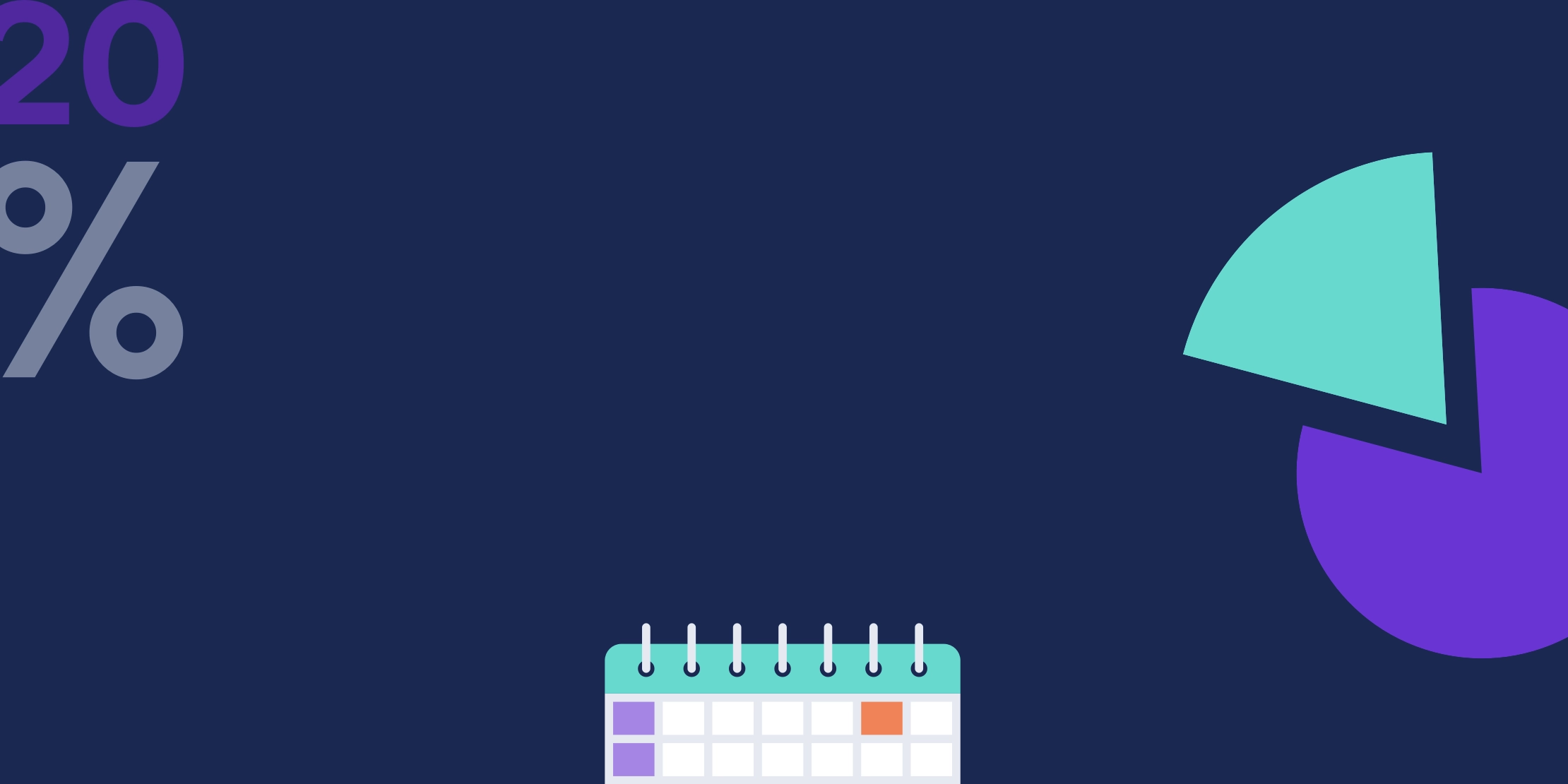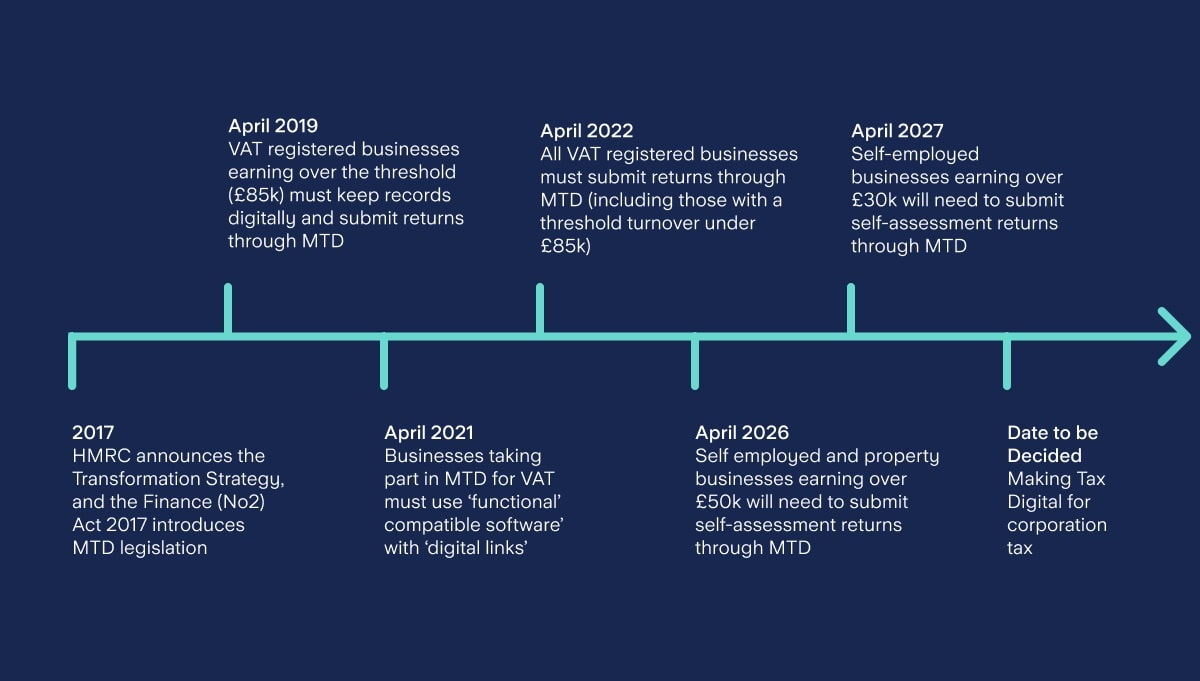
VAT
The benefits of voluntary VAT registration
Some businesses choose to register voluntarily for VAT before their annual income reaches the compulsory limit of £85,000 on VATable turnover.
But why on earth would somebody volunteer to register for VAT and pay a tax when they don’t have to? It’s because the benefits may sometimes outweigh the disadvantages - it really depends on your individual circumstances.
VAT is a tax collected on behalf of HMRC. It never belongs to you. VAT registered businesses add VAT to their sales invoices and can reclaim any VAT included in the items they have bought. If you are not VAT registered you still have to pay the VAT on your purchases but are unable to reclaim it. Those who suffer in paying the actual tax, are the non-VAT registered businesses and individuals, at the bottom of the chain.
What are the benefits of being VAT registered?
You’ll appear to be a bigger business if you’re charging VAT, as the current limit for compulsory registration is £85,000 on VATable turnover (2023/24).
If you sell to VAT registered businesses they can reclaim the VAT from HMRC so your selling price is still competitive and you will be able to recover the VAT on your costs.
Maintaining up to date records will provide better information for running your business.
You can claim VAT on certain items that you purchased prior to the date of VAT registration. Talk to your accountant about the exact details.
If you are in a VAT reclaim situation then you will definitely be better off.
You’re likely to receive repayments because your VATable sales are lower than your VATable costs. This may be because you’re accumulating stock or because your sales are below the standard rate of 20% at either the reduced rate of 5% or zero rate 0%.
Here’s an example of how being VAT-registered could help
If your income is £50,000 and your costs are £24,000 then you would have a profit of £26,000.
If you register for VAT then you would have income of £60,000, of which £50,000 is yours and £10,000 is VAT collected on behalf of HMRC.
If your £24,000 includes £2,000 of VAT then you pay HMRC £10,000 - £2,000 = £8,000.
Your profit is then £50,000 - £22,000 = £28,000 so you are better off by the £2,000 of VAT that you are now able to reclaim from HMRC.
*Not all costs include VAT (e.g. there is no VAT on salaries or bank charges).
Are there any disadvantages of being VAT registered?
There can be increased admin and bookkeeping costs. Although this needs to be done for your annual accounts anyway and there is software to help you - such as the VAT feature in the Starling Business Toolkit.
If your customers are not VAT registered themselves then you will immediately appear 20% more expensive when you add VAT onto your sales invoices.
If I register for voluntary VAT, can I deregister again?
Yes you can, but only under specific circumstances, see section 3.2 of this VAT notice on cancelling registration, for more details.
How do I register for VAT voluntarily?
The process is exactly the same as for a compulsory registration. You can read more about that in our article on becoming VAT registered.
Making Tax Digital
From 1 April 2022, anyone registered for VAT (including those who registered voluntarily) will need to comply with Making Tax Digital.
The MTD Timeline

Here’s a video on how to submit a VAT return with Making Tax Digital using the Starling Business Toolkit.
This article is intended as general information only and does not constitute advice in any way. For any specific questions, you may want to consult a qualified accountant.